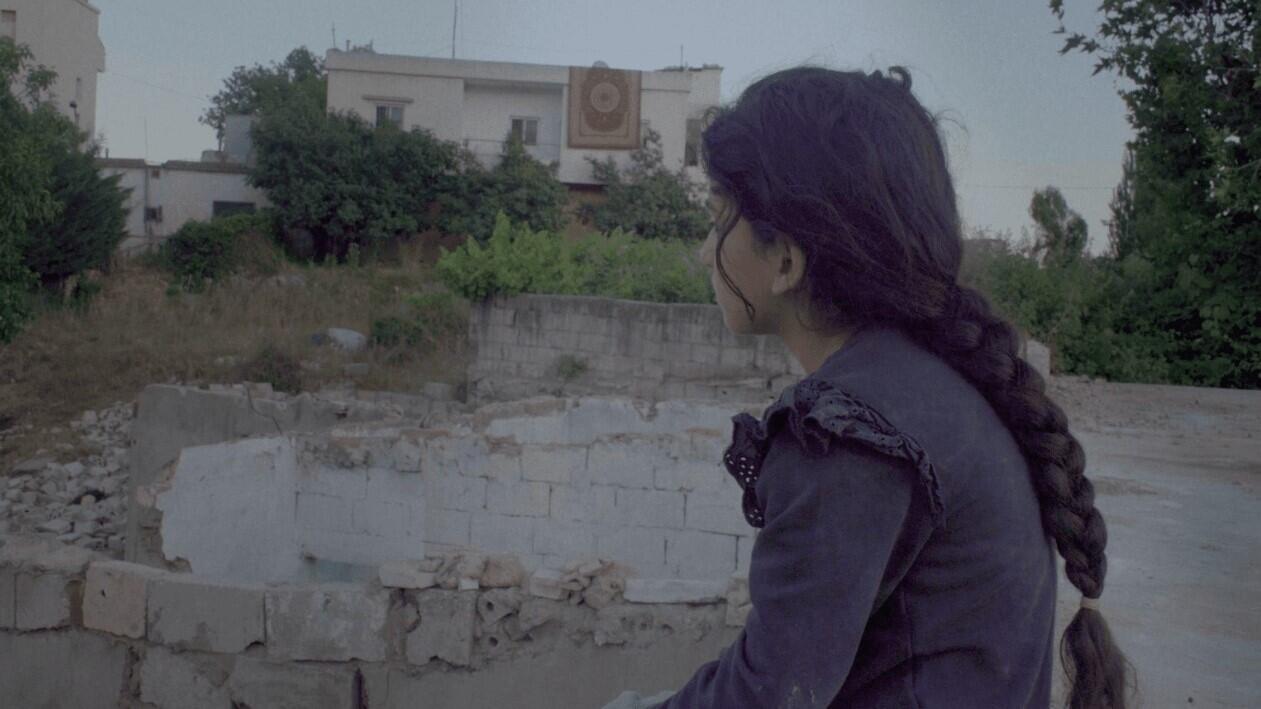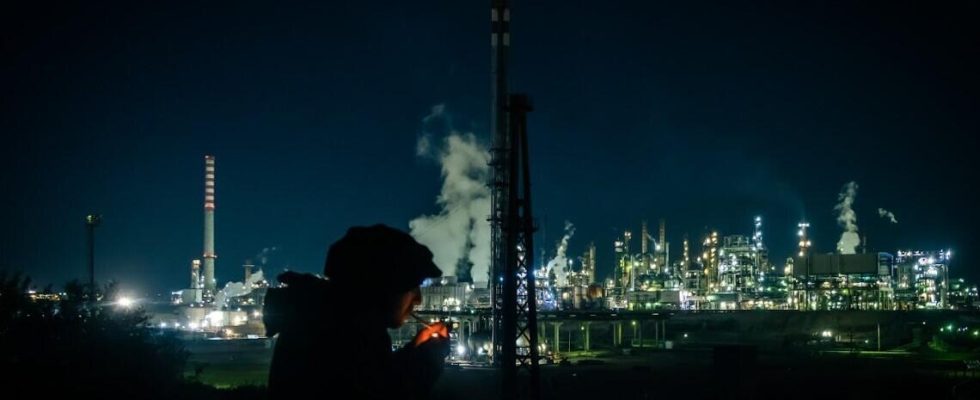The largest international documentary festival in France opens its doors this Friday, January 19 in Biarritz with more than 160 films and for the first time a “Stories from Africa” program. “ Faced with the flood of images… bringing out a more desirable present “. FIPADOC presents all forms of documentary storytelling for all screens: cinema, television, series, virtual reality, podcasts… Interview with general delegate Christine Camdessus.
6 mins
RFI : Fipadoc 2024 opens with a focus on Italy. What do the documentaries presented reveal about this Italy whose government has shifted to the extreme right, causing concern among European democracies? What state of affairs do they draw in Italy today? ?
Christine Camdessus : It’s always very amazing when you take the time to look at the documentary cinematography of a country. It is sometimes a little out of step with recent news, because it takes time to make the documentaries. There are some pretty astonishing films on the issue of migration. Unknowndirected by Valentina Cicogna and Mattia Colombo, tells the story of the work done by a forensic doctor who searches for the identity of people who died at sea, particularly migrants in the Mediterranean. Apneaby Stefano Poggioni, Claudia Cataldi and Elena Poggioni, is a film of testimonies from migrants settled in Italy, all speaking in Italian and instead showing the next stage: what does it mean to live in a new country?
What Italian documentary cinematography shows us is that the problems we have in Europe overlap from one country to another. In the Impact category, we present Toxicity. Directed by François-Xavier Destors and Alfonso Pinto, it shows the harmful effects of two large chemical industries and the environmental degradation that this causes. There is also A village in resistance, by Catherine Catella and Shu Aiello, on the Riace affair. In this small Italian village in Calabria, the mayor had decided to settle a certain number of migrants to repopulate the village. But this harmony will be broken by the populist wave which is consuming Italy.
Why did you choose Bellaciao by Giulia Giapponesi to open the festival ?
Because it tells about Italy, a resistant Italy. This incredible film tells the story of this song which continues to exist all over the world, as a message of resistance. So there you have it, beautiful films in a documentary environment which has undoubtedly been a little damaged by the degradation of Italian public television. For there to be a strong documentary industry, there must be strong public television.
Why is Fipadoc programming a special selection for the first time Stories from Africa ?
For two or three years, we have seen the emergence of films made by European directors who discover another Africa and, above all, African cinematography on its own continent. Around ten films telling the story of Africa made it into the selection. As we created a few years ago Stories of Europewe really wanted to identify within the programming what concerns the African problem.
These Stories from Africa talk about the situation of women, the history of African cinema, colonial violence, creativity despite a lack of means, and homosexuality too. Give us a successful example of an African director on his country.
A film that was very successful and that we really wanted to show is Amchilini, choose me, by Chadian filmmaker Kader Allamine. It’s a Chadian look at a Chadian story. About a traditional ceremony which I had no idea about. Initially, it is really an ethnological film about a ceremony in Chadian villages where unmarried women choose men, so that they do not remain unmarried. And men are forced to accept it, otherwise they pay a fine.
This year, there are no films from Mali, Burkina Faso or Niger. Does the geopolitical situation, with the withdrawal of French military troops and the growing hostility in West Africa towards France, this very tense political situation, have repercussions on the production of documentaries on the African continent or on the reception of African films in France ?
I wouldn’t say that. I would say that documentary production in Africa remains small, but it is real. And there is a production time required for documentaries which does not allow us to draw a conclusion like that. We look at the films that enter and we try to identify when they are of very good quality, like The mother of all lies, by Moroccan director Asmae El Moudir, who we really wanted to present. It’s obvious that when situations are more tense, it’s more complicated to make films.

What form will the tribute to the struggle of Iranian women take? ?
For example, we have programmed Son of Mullah, by Swedish-Iranian director Nahid Persson Sarvestani. There is also the short film Jina Mahsa Amini, by Polish director Emilia Pluskota. Jina is the first name of this young Kurdish woman murdered by the moral police in Iran in September 2022. And we are hosting an exhibition around the Women, Life, Freedom movement, which had been presented in major Parisian museums. We are also part of a long period of time where there are battles that we find in films and which we want to have a resonance beyond the presentation of the films.
A special experience awaits spectators with Black, the little-known life of Claudette Colvin, by Tania de Montaigne. What difference does it make to experience this story about resistance to segregation not in a book, on the stage of a theater or on the big screen, but in augmented reality? ?
In augmented reality, you are not simply exposed to what you see in the headset, but to what is created as virtual reality around you. You are in a space, as multispectators, and you see the bus appear on which Claudette is sitting after the prison. You attend Claudette’s trial as if you were in the place where it is happening.
► FIPADOC, International Documentary Film Festival in Biarritz, from January 19 to 27, 2024
